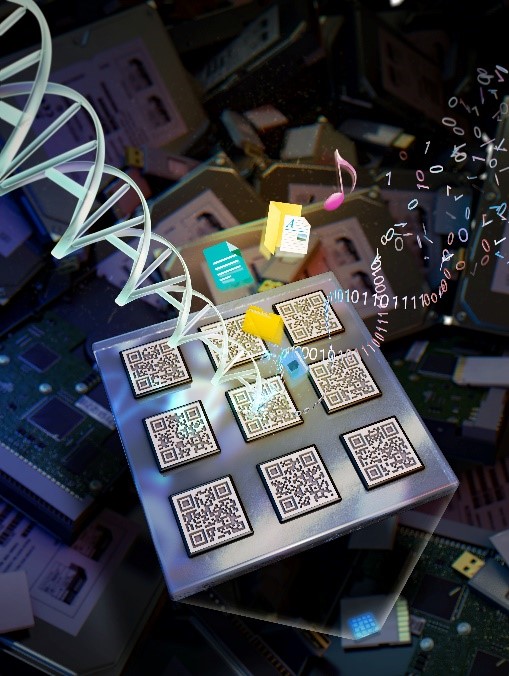- About
- Academics
-
Undergraduate Programs
- Civil and Environmental Engineering
- Architecture and Architectural Engineering
- Mechanical Engineering
- Industrial Engineering
- Energy Resources Engineering
- Nuclear Engineering
- Materials Science and Engineering
- Electrical and Computer Engineering
- Naval Architecture and Ocean Engineering
- Computer Science and Engineering
- Aerospace Engineering
- Chemical and Biological Engineering
-
Graduate Programs
- Civil and Environmental Engineering
- Architecture and Architectural Engineering
- Mechanical Engineering
- Industrial Engineering
- Energy Systems Engineering
- Materials Science and Engineering
- Electrical and Computer Engineering
- Naval Architecture and Ocean Engineering
- Computer Science and Engineering
- Chemical and Biological Engineering
- Aerospace Engineering
- Interdisciplinary Program in Technology, Management, Economics and Policy
- Interdisciplinary Program in Urban Design
- Interdisciplinary Program in Bioengineering
- Interdisciplinary Program in Artificial Intelligence
- Interdisciplinary Program in Intelligent Space and Aerospace Systems
- Chemical Convergence for Energy and Environment Major
- Multiscale Mechanics Design Major
- Hybrid Materials Major
- Double Major Program
- Open Programs
-
Undergraduate Programs
- Research
- Campus Life
- Communication
- Prospective Students
- International Office
SNU Professor Sunghoon Kwon's Reseach Team Develops DNA-discs As Next-Generation Information Storage Device
-
Uploaded by
관리자
-
Upload Date
2020.10.28
-
Views
670
SNU Professor Sunghoon Kwon's Reseach Team Develops DNA-discs As Next-Generation Information Storage Device
- Hair thickness saved on a DNA disk to substantialize a data center in the palm of one's hand
- Significant improvement in storage and stability suggesting a
preemptive direction for future research
▲ From left Kyung Hee University Professor Wook Park of the Department of Electronics and Radio Engineering, Seoul National University Professor Sunghoon Kwon of the Department of Electrical and Computer Engineering, Harvard University Doctor Yeongjae Choi of Wyss Institute, Seoul National University Doctor Hyungjong Bae of the Department of Electronics and Radio Engineering
SNU College of Engineering stated that SNU Professor Sunghoon Kwon of the Department of Electrical and Computer Engineering developed the DNA-disk - a next-generation information storage device that can replace hard disks through joint research work with Kyung Hee University Professor Wook Park of the Department of Electronics and Radio Engineering, Harvard University Doctor Yeongjae Choi of Wyss Institute, Seoul National University Doctor Hyungjong Bae of the Department of Electronics and Radio Engineering,
With 90% of the world's data being generated within the last two years, an unprecedented amount of data is being produced in the current era of the fourth industrial revolution. In order to store such vast amounts of data, technological development for the development next-generation information storage devices that can replace hard disk drives (HDDs) is required and in the United States, Microsoft, Harvard University and Washington University have formed government-led consortiums to develop DNA memory.
DNA memory is a technology that converts binary digital data, which used to be stored as 0 and 1 in semiconductors, into binary data consisting of A, G, T, and C, and stores it in DNA biochemical molecules. With this technology, you can store all the data around the world in a kilogram of powdered DNA.
▲ The mechanism of DNA-disk information storage and data center that is palm-sized
Digital data can be stored on hard disks on a file-by-file basis, but because DNA memory exists in powder form, there is the limitation of the absence of technology to separate, store and retrieve only the desired information, and that information could not be read repeatedly.
In response, the joint research team developed the world's first DNA memory technology in the form of DNA-disk, which allows separate file units to be stored. The DNA containing information is stored in a DNA-disk about the size of a thickness of a hair and has the advantage of being easy to manage data because different information is physically stored on different disks. In this case, DNA-discs containing dozens of exabytes (1 exabytes = 109 gigabytes) of information can be stored in a palm-sized data center.
While traditional DNA memory had the disadvantage of not being preserved after repeated reading of the same data for more than 10 times, it was confirmed that DNA-disk could reliably read information more than a dozen times.
Professor Wook Park who led the study is a world-renowned authority who possesses DNA memory technology that boasts to be within the world's highest price competitiveness. The development of DNA-disk is seen as a preemptive solution for next-generation information storage devices.
Professor Sunghoon Kwon is leading the "Digital Immunity Processing Research Group for Next Generation Healthcare" with the support of the Ministry of Science and ICT's leader research project, and predicted that "the DNA-disk developed in this study could also significantly change the healthcare industry as individual healthcare information can be stored." In addition, he expressed confidently stated that, "This will allow South Korea to lead even the healthcare market, which is emerging to be the next generation field for earning money."
This research was published on September 15 (local time in Germany) in Advanced Materials, a world-renowned academic journal, and was supported by Samsung Research Funding and Incubation Center for Future Technology and the Ministry of Science and ICT's Basic Research Project (Leader Research).

▲ A DNA-disk that can store digital information on a file-by-file basis